Search
Search Results

Definition
Utilitarianism
Utilitarianism is a philosophy founded by Jeremy Bentham (1748-1832) and then extended by other thinkers, notably John Stuart Mill (1806-1873). Utilitarianism involves the greatest happiness principle, which holds that a law or action is...
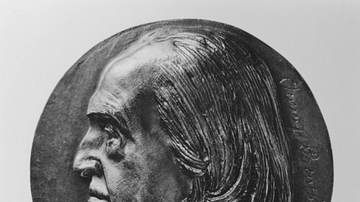
Definition
Jeremy Bentham
Jeremy Bentham (1748-1832) was an English philosopher and liberal social reformer best known as the founder of utilitarianism based on the greatest happiness principle, that is, rationally judging the success of a law by considering how many...
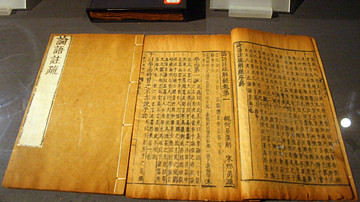
Definition
Confucianism
Confucianism is a philosophy developed in 6th-century BCE China, which is considered by some a secular-humanist belief system, by some a religion, and by others a social code. The broad range of subjects touched on by Confucianism lends itself...
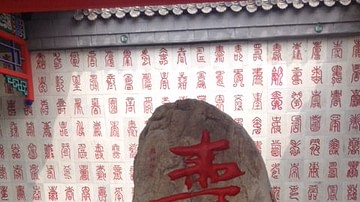
Image
Stone Stele & 1,000 Characters of Happiness, Great Wall of China
The stone stele stands in front of the wall of the One Thousand Characters of Happiness near the entrance to the Great Wall of China. The 1,000 Characters of Happiness is a fascinating display which reminds visitors of the many reasons to...
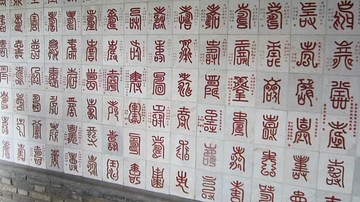
Image
1,000 Characters of Happiness
The 1,000 Characters of Happiness are Chinese logographic images rendered in traditional caligraphy. They are on display near Mao's Garden inside the entrance to the Great Wall of China some three hours from the city of Tianjin. The characters...

Definition
John Stuart Mill
John Stuart Mill (1806-1873) was a highly influential English philosopher of the Victorian Era. His writings were influenced by the Enlightenment thinkers and German Romanticism. Besides philosophical works, he wrote on mathematics, language...
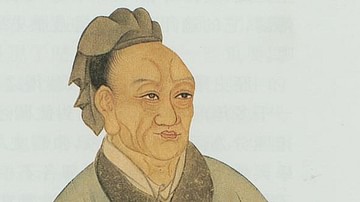
Definition
Sima Qian
Sima Qian (l. 145/135-86 BCE) was a court scribe, astrologer, and historian of the Han Dynasty (202 BCE - 220 CE) of ancient China, famous for his historical work Records of the Grand Historian for which he is remembered as the Father of...
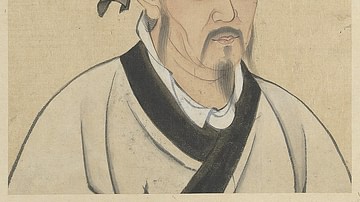
Definition
Mencius
Mencius (l. 372-289 BCE, also known as Mang-Tze or Mang-Tzu) was a Confucian philosopher during The Warring States Period in China (c. 481-221 BCE) and is considered the greatest after Confucius himself for his interpretation, formulation...

Definition
The Art of War
The Art of War (Sunzi bingfa) is a 5th-century BCE military treatise written by the Chinese strategist Sun-Tzu (aka Sunzi or Sun Wu). Covering all aspects of warfare, it seeks to advise commanders on how to prepare, mobilise, attack, defend...
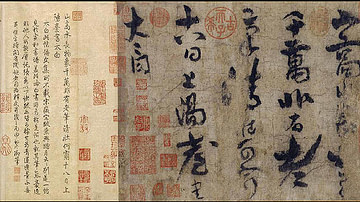
Definition
Chinese Literature
Chinese literature is among the most imaginative and interesting in the world. The precision of the language results in perfectly realized images whether in poetry or prose and, as with all great literature, the themes are timeless. The Chinese...